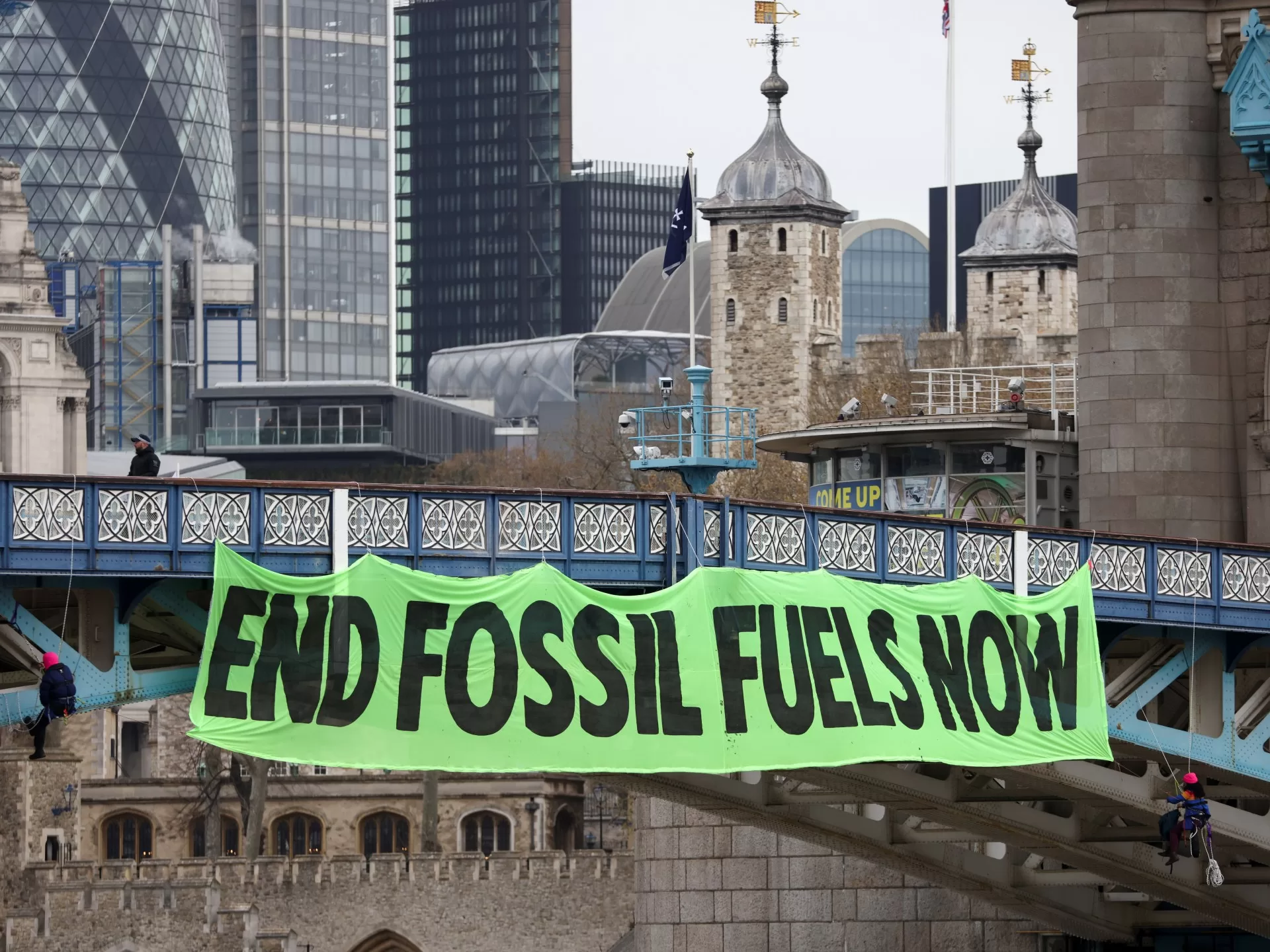Climate change is raising temperatures to dangerous levels, causing more deaths and the spread of infectious diseases, while worsening drought and food security, a new report by health experts has warned.
In 2023 – the hottest year on record – the average person experienced 50 more days of dangerous temperatures than they would have without climate change, according to the Lancet Countdown, an annual report released on Wednesday based on work by 122 experts, including the World Health Organization (WHO).
The report was released as heatwaves, fires, hurricanes, droughts and floods have continued in full force this year, which is expected to surpass 2023 to become the hottest year on record.
“Current policies and actions, if sustained, put the world on track to 2.7 [degrees Celsius] of heating by 2100,” the report said.
Of 15 indicators that the experts have been tracking over the last eight years, 10 have “reached concerning new records”, the report said, including increasing extreme weather events, elderly deaths from heat, and people going without food as droughts and floods hit crops.
The elderly are the most vulnerable, with the number of heat-related deaths in people over 65 last year reaching a level of 167 percent above the number of such deaths in the 1990s.
“Year on year, the deaths directly associated with climate change are increasing,” said Marina Belen Romanello, executive director of the Lancet Countdown.
“But heat is also affecting not just the mortality and increasing deaths, but also increasing the diseases and the pathologies associated with heat exposure,” she said.
Rising temperatures are profit losses too, the report said. Last year’s extreme heat cost the world an estimated 512 billion potential labour hours, worth hundreds of billions of dollars in potential income.
‘Fuelling the fire’
The report also tracked how oil and gas companies – as well as some governments and banks – were “fuelling the fire” of climate change.
Large oil and gas companies, which have been posting record profits, have increased fossil fuel production since last year, the report said.
Many countries doled out new subsidies to fossil fuels to counteract soaring oil and gas prices after Russia’s full-scale invasion of Ukraine in 2022.
Climate change is also making food more unreliable, the authors warned.
With up to 48 percent of the world’s land area facing extreme drought conditions last year, the researchers said about 151 million more people would be experiencing food insecurity as a result, compared with the years 1981-2010.
Extreme rainfall last year also affected roughly 60 percent of lands, unleashing floods and raising risks from water contamination or infectious disease, while the threat of mosquito-borne diseases such as dengue grew.
The study’s authors urged the upcoming United Nations climate summit, COP29, set to begin in Azerbaijan on November 11, to direct funds towards public health.
Despite these warnings, there were also some “very encouraging signs of progress”, Romanello said.
Deaths from fossil fuel-related air pollution fell by nearly 7 percent to 2.1 million from 2016 to 2021, mainly due to efforts to reduce pollution from burning coal, the report said.
The share of clean renewables used to generate electricity also nearly doubled over the same period to 10.5 percent, it added.
But Romanello also said: “No individual or economy on the planet is immune from the health threats of climate change.”
